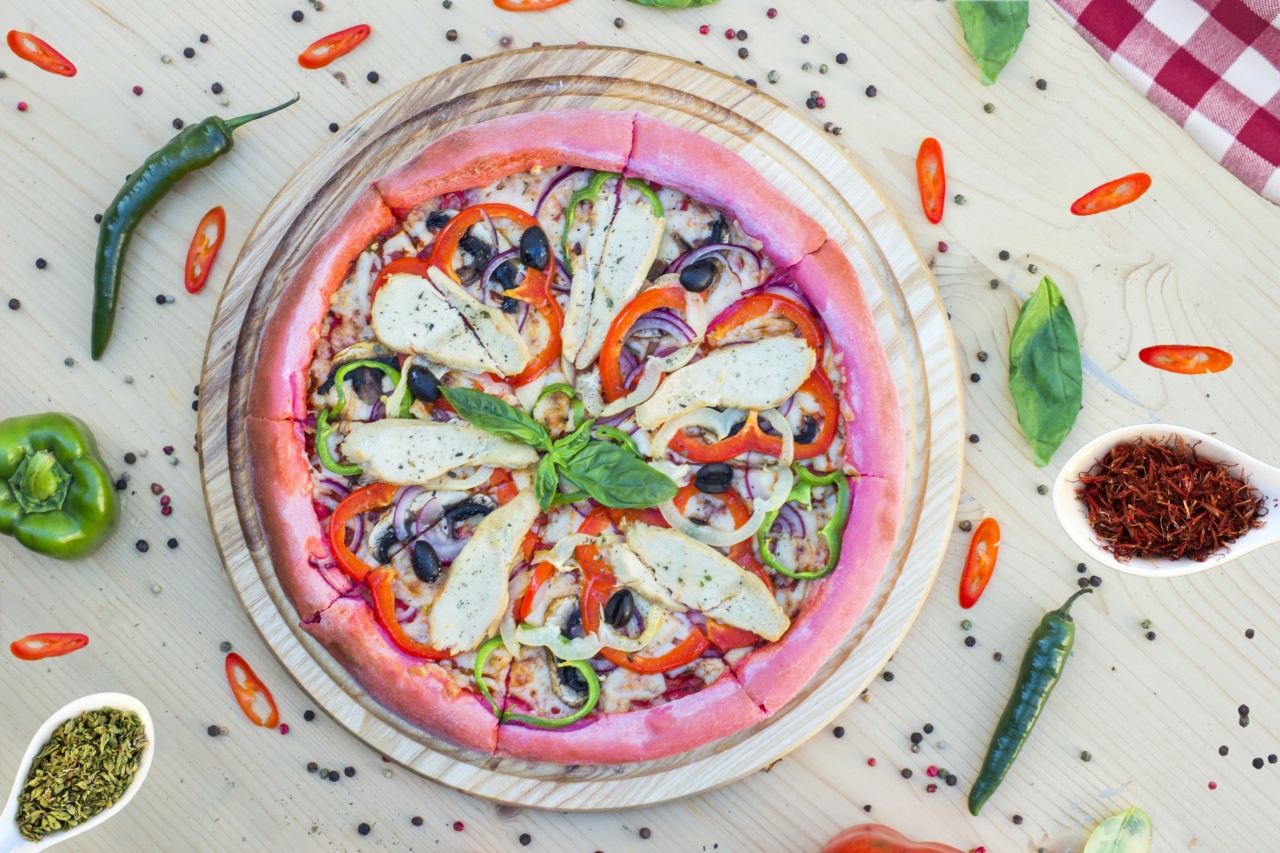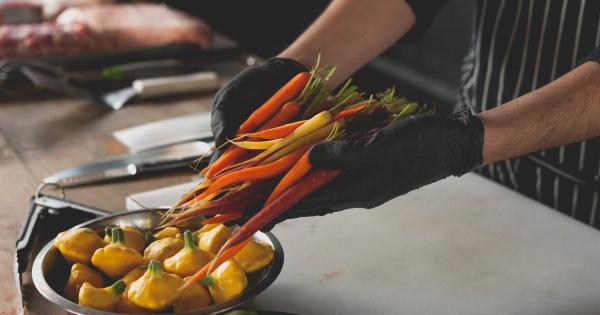Preparing food is an essential part of our daily routines, and while it can be a satisfying and enjoyable activity, it’s important to be mindful of common errors that can compromise the taste, nutrition, and safety of our meals.
Whether you’re a seasoned cook or a beginner in the kitchen, avoiding these six errors will help you create delicious and healthy dishes every time.
1. Not Reading the Recipe Carefully
One common mistake many home cooks make is not thoroughly reading the recipe before starting to cook. This can lead to missing crucial steps, using incorrect measurements, or not having all the necessary ingredients on hand.
Take the time to read the recipe from start to finish, ensuring you understand each step and have all the required ingredients. This will save you time, prevent cooking mishaps, and ensure a successful outcome.
2. Ignoring Food Safety Practices
Food safety should always be a top priority in the kitchen. Overlooking basic hygiene practices, such as not washing hands before handling food or not properly cleaning cooking utensils, can result in foodborne illnesses.
Always wash your hands thoroughly before and after handling food, sanitize cutting boards and utensils, and store raw and cooked foods separately to prevent cross-contamination.
3. Overcooking or Undercooking
Trying to achieve the perfect doneness can be a challenge, especially when cooking meats, seafood, or even pasta. Overcooking can result in dry, tough, and flavorless dishes, while undercooking may leave your food raw and potentially unsafe to eat.
Follow recommended cooking times and temperatures, and use a food thermometer to ensure your food is cooked to the correct internal temperature.
4. Incorrectly Seasoning Food
Seasoning plays a crucial role in enhancing the flavors of your dishes. However, using too little or too much seasoning can significantly impact the taste.
It’s important to follow the recipe’s recommended measurements for herbs, spices, and other flavor enhancers. Remember that seasonings can always be adjusted at the end, but it’s more challenging to fix an over-seasoned dish.
5. Using Dull or Incorrect Knives
A good set of sharp knives is a valuable investment in the kitchen. Using dull or incorrect knives can make prep work tedious and unsafe. Dull knives require more force to cut through ingredients, which increases the risk of accidents.
Additionally, using the wrong knife for a specific task can result in uneven cuts. Keep your knives sharp and use the appropriate knife for each task, whether it’s slicing, dicing, or chopping.
6. Neglecting to Taste and Adjust
Tasting your food throughout the cooking process is crucial to ensure it’s seasoned correctly and balanced. Some recipes may provide exact measurements, but personal preferences vary.
Make it a habit to taste your food as you go and adjust the seasoning accordingly. Remember that seasoning is not just about salt and pepper—it can also involve balancing acidity, sweetness, and other flavor elements.
Avoiding these six common errors in food preparation will elevate your cooking skills and result in more satisfying meals.
By being mindful of recipe instructions, practicing proper food safety, mastering cooking times, seasoning correctly, using sharp knives, and tasting and adjusting along the way, you’ll create dishes that are not only delicious but also reflect your culinary expertise.



























